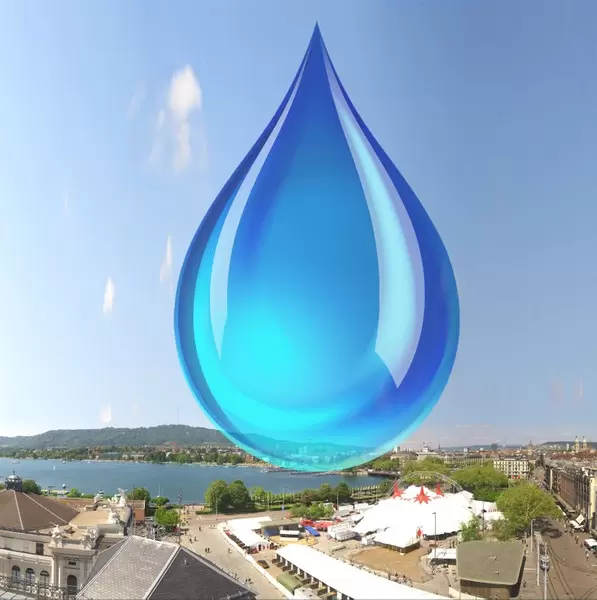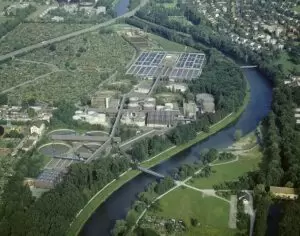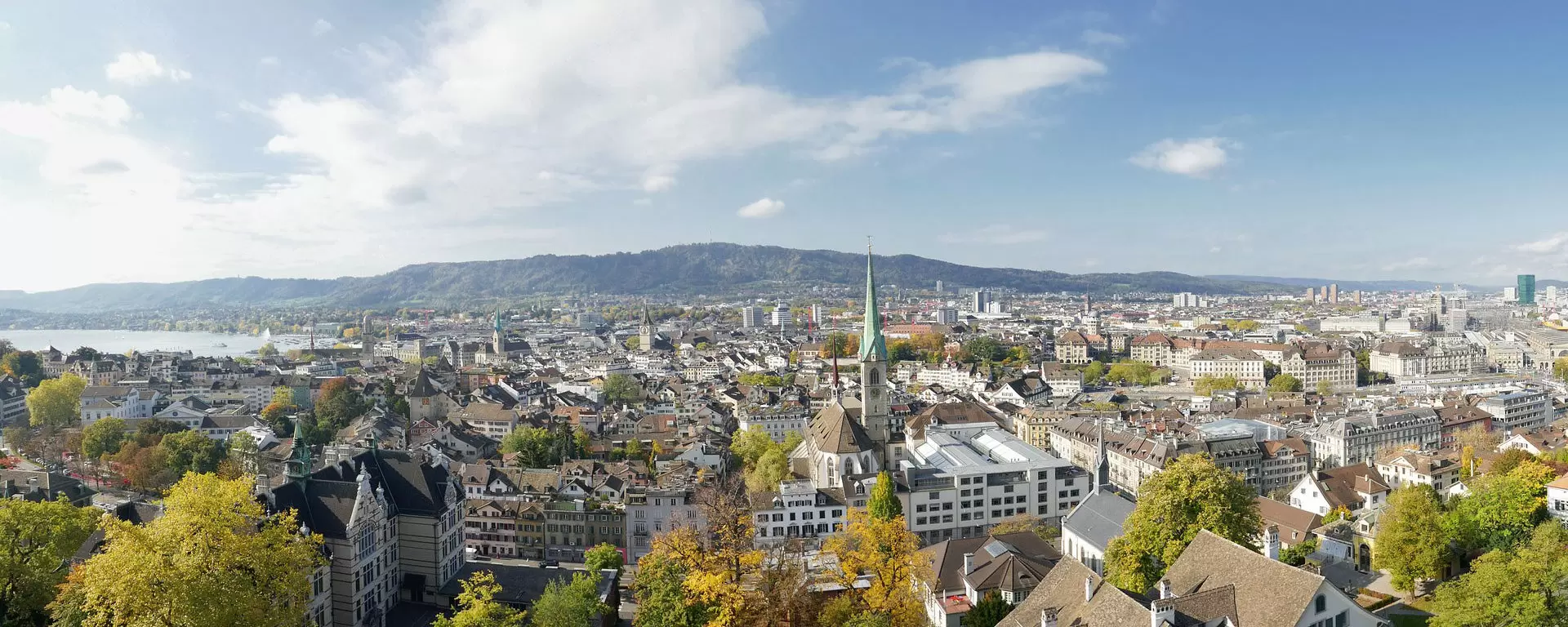Water shortage
is a big and known problem in Africa. But also in Switzerland we have more and more heat, dryness in summer as well as disappearing of glaciers and less of snow. So the water reserves in Switzerland are getting smaller and smaller.
That is why it could be that we are going to have only one ski resort in Switzerland in the future because of the little snow we have. Can you imagine a situation like that? But all the artificial snow we always need is a big consume of water.
So that we are getting seasonal water shortages is predictable. With our post we want to call attention on that problem and as well we give information about our actual usage of water.
Several facts
Currently, each person in the city of Zurich consumes around 1’120 liters of water per week. This is such a huge number – isn’t it? Below we calculated the number of liters per person per week multiplied by the Zurich’s population.
| Use of water per day per person | 160 liters |
| Population of Zurich City | 423 069 |
| Total use of water per week | 473’837’280 liters |
For our scenario we thought that it would be interesting to do research on what would be if we can reduce our water usage on 500 litres of water per week. What would be the consequences of this experiment? What dis- and advantages could be the result? How much money can be saved and what about the environment? Maybe it might be also a support against the conflict with the climate change.
| Use of water per week per person | 500 liters |
| Population of Zurich City | 423 069 |
| Total use of water per week | 211’534’500 liters |
| Saving of water per week | 262’302’780 liters |

Imagine – you just have 500 liters of water per week, for which things would you use it and where would you look maybe for another option or would you even completely relinquish using water?
Mentioned below, we exemplify some examples with 500 liters of water a week. The data below is based on the mean water usage per person.
– 10 x toilet
– 16 x bathing / shower
– 17 x washing machine
– 21 x cooking / to drink / dishwasher
– 24 x personal hygiene / wash by Hand

Sources: Wasserversorung Zahlen, Einwohner Stadt Zürich (stadt-zuerich.ch)
Interview at “Klärwerk Werdhölzli”
The “Klärwerk Werdhölzli” is responsible for cleaning the sewerage (Abwasser). Afterwards the cleaned water flows in the river called Limmat. Isn’t it astonishing that the “Klärwerk Werdhölzli” cleans the sewerage of about 457’096 People?!
To get some more information about the sewerage of the city of Zurich we contacted the crew of “Klärwerk Werdhölzli” and asked them the several questions below. Source: Klärwerk Werdhölzli (stadt-zuerich.ch)

Team water supply: From where is the highest amount of sewerage?
Mr. Daniel Pfund: from the city of Zurich (household, industry, rainfall)
How many liters of water flows daily through the sewage works?
If it’s dry weather ca. 200’000’000 l/d resp. 200’000 m3/d (maximal 6 m3/s when it’s rainy) altogether 70 – 80 millions m3/a
Are there any changes in the past few years relating to the water consumption?
There is no change in the consumer behavior, but there is an increase concerning the number of inhabitants in the city of Zurich. (ca. + 30’000)
What are the main activities of the sewage works Werdhölzli?
We clean the sewage water of the city of Zurich. Imagine, daily an amount 35 filled bathtubs flows into the sewage works. To clean the water there are four different steps necessary:
1. mechanical cleaning
2. biological cleaning
3. final clarification
4. Filtration
Are there any challenges / side effects?
If there falls a lot of rain the sewage works is highly challenged, but there is an separate basin to safe all the rainwater. Because of the cleaning of the water there is in addition a lot of Methane, but we use this for the required energy of the sewage works.
In addition, Mr. Daniel Pfund sent us a video link where we can see how the sewage works cleans the water. So if you are interested in that you can check out the following video:
Interview with Mr. Daniel Pfund, Head of sewerage (ERZ), sauberes Wasser, Klärwerk Werdhölzli (stadt-zuerich.ch)
This post is doublechecked by Tim and Iris.
We hope you enjoyed reading our article!
Team Zurich: Lara, Sven and Nicole
On-topic posts on dontwastemy.energy
Water pollution
☷ See the project teams here »
☵ Some words about the contributions »
☴ Our sponsors and partners » (the-horse.education)

This is a really good task for this website. Personally, I found it interesting to see what people in Zurich think about this topic. Maybe you could have done a survey with simple questions like: What do you think, how much water do you use per week? In addition, you could have written how you could safe up water in everyday life. You used really nice pictures which are a good addition to the text.
Best wishes
Joëlle A.
Hi,
I think the facts you mentioned and also the interview are very interesting. It is nice to know which things you can use and also how many times you can use them while you try to reduce water usage.
When people talk about places where there is water shortage we often think of countries like africa. We lose sight of our own water reserves and don’t really think about saving water. So it was nice to have an overview of the wasser situation in Zurich.
By the way, did you try to reduce your water consumption while you were working on your project?
Best wishes,
Jsabella Stark
Hey there,
You have choosen a very interesting topic. Because water shortage is more and more a problem in Switzerland. Backwards in winter we had in Switzerland a lot of snow, but now in time, there isn’t a lot of it. I think it’s because of the climate change.
It’s incredible that we consume so much water per week. If you imagine, people in Africa or in poor countries haven’t so much water to consume and we have water for everything.
You have nice pictures in your post and it’s cool, that you have included some questions in your topic.
Best wishes,
Michelle H.